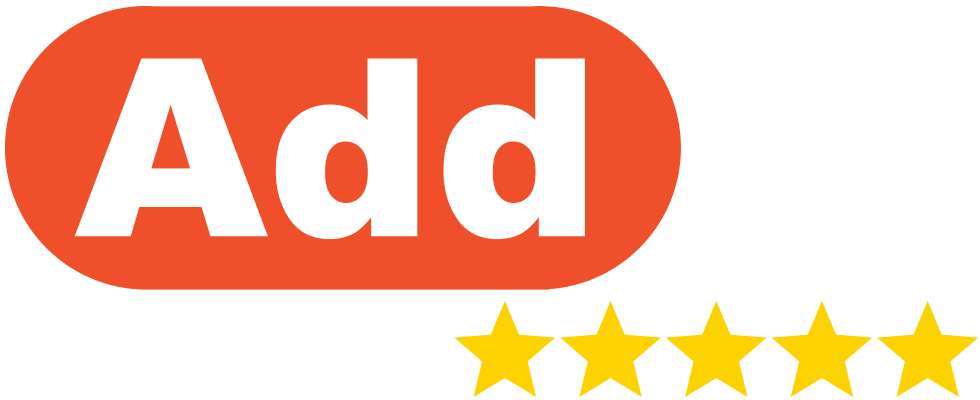 Google ventured into new territory this week with the launch of a new URL-shortening service it’s calling Goo.gl.
Google ventured into new territory this week with the launch of a new URL-shortening service it’s calling Goo.gl.
Unlike some existing and high-profile shorteners such as TinyURL and Bit.ly, Goo.gl is not a general-purpose link shrinker that users can access by going to a standalone site. Instead, it’s been built into Google products, beginning with Google’s browser toolbar and its Feedburner RSS service. Both of those services can now create shortened Goo.gl URLs that link to the source content while using fewer characters. This is especially important for sharing on places like Twitter, where there are size limits.
The feature goes hand in hand with the launch of a share button for the Google toolbar that lets users share whatever page they’re on with a number of social services. As for its integration with FeedBurner, Google now provides feed owners with a way to automatically publish certain posts directly to Twitter, which will again help keep the number of characters to a minimum.
Google says the shortening service is both fast and stable. The company has also placed the same security measures that go into its search index to block pages that may contain malware or phishing schemes
In an introductory post on its official blog, Google said that it may eventually roll out the service as a standalone site, but that for now it’s being built into Google products. Such a feature would likely allow third party sites to build Goo.gl link shortening into their own products. In the meantime, other Google properties that could certainly benefit from having link shortening built-in include YouTube, Maps, Reader, and Blogger–many of which have integrated sharing features
.gl is the top-level domain for Greenland. Also, Google’s launch comes on the heels of Facebook having quietly launched its own URL-shortening service called FB.me. Heading there in your browser simply takes you to Facebook’s home page, whereas sharing links through Facebook’s mobile site will shorten them for you using a shortened FB.me URL.
For more see CNET









